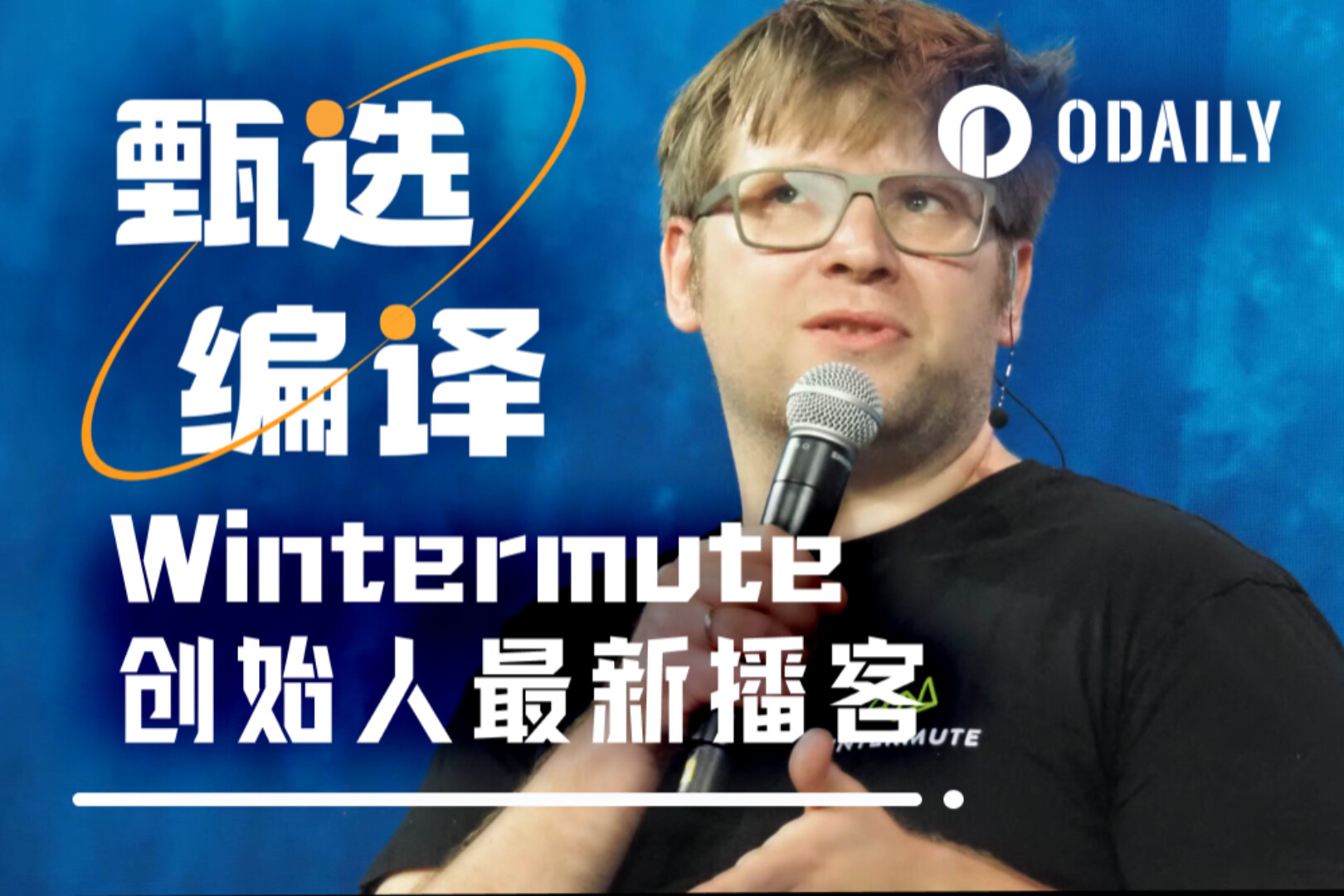Byron Gilliam
Original translation: AididiaoJP, Foresight News
While trapped, Maria Corina Machado received the news that she had won the Nobel Peace Prize.
The "Iron Lady of Venezuela" and "Joan of Arc of Latin America" has been in hiding since Nicolás Maduro threatened to inflict "supreme justice" on her after the 2024 elections, which clearly showed that she is the legitimate president of Venezuela.
Machado reports that she has since survived assassination attempts and kidnappings but has refused to leave the country.
She sent her three children to safety abroad but chose to stay, a choice that, according to the Nobel Committee, "has inspired millions."
It is an example that should resonate beyond Venezuela: "Maria Corina Machado shows that the tools of democracy are also tools of peace," the committee adds.
One of those tools, Machado said, is Bitcoin.
She told the Human Rights Foundation that the Maduro regime "has weaponized the financial system against its own people," citing hyperinflation that reached as high as 10 million percent in 2018.
Since 2008, the Venezuelan government has expropriated the savings of its citizens by removing 14 zeros from its national currency, making it take 100 trillion bolivars today to buy what one bolivar bought in 2008.
“Holding a bag of candy is far more valuable than holding a bag of national currency,” said one dispossessed Venezuelan, “because candy holds its value.”
Machado advocates for Bitcoin as a better and cheaper store of value: “Some Venezuelans have found a lifeline in Bitcoin, using it to protect their wealth and finance their escape.”
However, Machado himself didn't use it to escape.
“Our campaign operates without banking channels,” Machado said. But they can still accept donations: “Unlike bank transfers, which the regime usually blocks, Bitcoin donations cannot be confiscated.”
In this sense, Bitcoin has helped Machado lead the fight against Maduro inside Venezuela.
It has enabled many other Venezuelans to survive and resist Maduro.
“Bitcoin circumvents government-imposed exchange rates and helps many of our people,” Machado added. “It has evolved from a humanitarian tool to a vital means of resistance.”
Another protesting Venezuelan, Jorge Herasati of the Organization for Economic Inclusion, said this makes Bitcoin part of a "technological strategy" to fight authoritarianism.
“The key to defeating authoritarian regimes lies in universal citizen access to free technologies like Bitcoin, Signal, and Nostr,” he wrote.
Bitcoin in particular gives his compatriots "the ability to overcome Maduro's financial surveillance and repression."
Many parts of the world live in similar oppressive environments.
Alex Gladstein of the Human Rights Foundation estimates that “87% of humanity has been born into either an authoritarian regime or a collapsing fiat currency system.”
In much of that world, he explained, “traditional banking systems are simply no longer sufficient to effectively finance the work of democracy.”
However, Bitcoin is “keeping resistance alive” in places where government-issued currencies “cannot be used for basic human rights activities.”
Bitcoin is increasingly becoming the currency for these activities and is on track to become "the standard currency for human rights activism and other fields by 2030," Gladstein said.
We’re used to seeing Bitcoin’s ambitious 2030 price target, but can it achieve a larger activist goal?
If it does, the Nobel Committee might get credit for helping it.
Gladstein noted that “the vast majority of Bitcoin critics live in the United States or Europe and are blinded by immense financial privilege.”
By awarding the Peace Prize to an ardent user, the Nobel Committee may help to overcome bias and improve Bitcoin’s image in the 13% of the world that doesn’t need it (except as an investment).
For Machado, the main benefit of the Nobel Peace Prize is that she will be safer now that she is more famous.
“It boosted her recognition and increased the cost of attempts to silence and destroy her,” explains Gideon Ross of the Council on Foreign Relations. “By bestowing benevolent international recognition on her efforts, the Nobel Prize may have protected her life.”
The significance of the award for Bitcoin, then, is that Machado is also giving the oft-maligned cryptocurrency her benevolent endorsement, which could shield it from attacks by its critics.
Because only a despot like Maduro would oppose free technology.
- 核心观点:比特币成为对抗专制的人权工具。
- 关键要素:
- 委内瑞拉恶性通胀摧毁法币价值。
- 比特币绕过政府金融监控与封锁。
- 诺贝尔奖认可强化技术正当性。
- 市场影响:提升比特币在人权领域的应用价值。
- 时效性标注:长期影响



